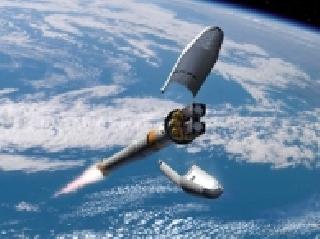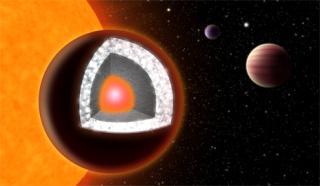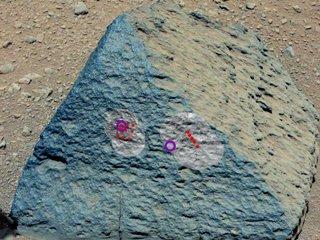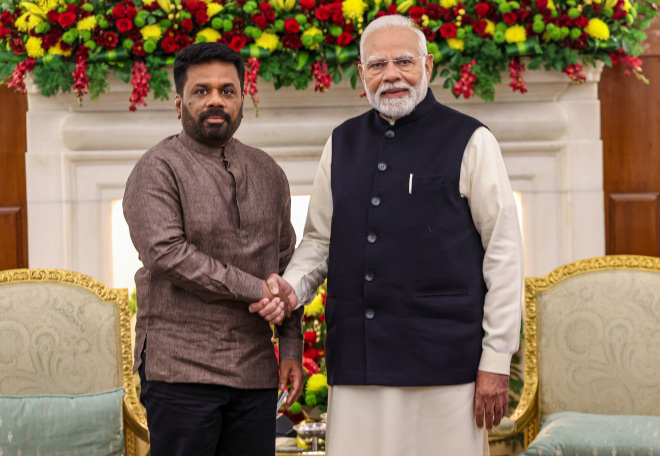
The two Galileo In-Orbit Validation satellites are protected during their launch by Soyuz by a launch fairing. Once the Soyuz has passed most of the way through the atmosphere, this fairing can then be ejected. An ESA illustration
PARIS (BNS): A second pair of Galileo navigation satellites is all set for launch onboard a Russian Soyuz rocket from the European spaceport in French Guiana on Friday.
The satellites moved to the launch pad on Thursday to join the three-stage Soyuz ST-B vehicle which is scheduled to lift off at 18:15 GMT Friday.
The European global navigation programme took a major leap on October 21, 2011 when the first two state-of-the-art Galileo satellites were placed in orbit by the Soyuz rocket.
The launch also marked a milestone for the veteran Soyuz rocket which took flight for the first time beyond Russia's historic bases of Plesetsk and Baikonur.
Friday's mission, which will place the satellites in an orbit of 23,222 km, will mark another major step for Europe's independent satellite navigation system.
"Four is the minimum number of satellites needed to achieve a navigational fix on the ground, with one satellite each to measure latitude, longitude, altitude and provide a time reference.
"So once this second pair of satellites has been commissioned and tested, the quartet will form a completely operational mini-constellation that will be used to validate the Galileo system," the European Space Agency (ESA) said.
The performance of the satellites in space together with the worldwide ground infrastructure serving to maintain Galileo's service accuracy will be assessed in depth, to prepare the way for the launch of further satellites and then deliver initial services by mid-decade and finally build up to full operational capability, the space agency said.
The European global navigation system will eventually consist of 30 Galileo satellites. The first four satellites are slated to enter operational service by 2014.
Funded in its entirety by the European Commission and developed under contract by the ESA, Galileo aims to offer an improved service for civil and commercial applications and give independence to Europe from the US Global Positioning System (GPS).
 Previous Article
Previous Article Next Article
Next Article













The Indian Air Force, in its flight trials evaluation report submitted before the Defence Ministry l..
view articleAn insight into the Medium Multi-Role Combat Aircraft competition...
view articleSky enthusiasts can now spot the International Space Station (ISS) commanded by Indian-American astr..
view article